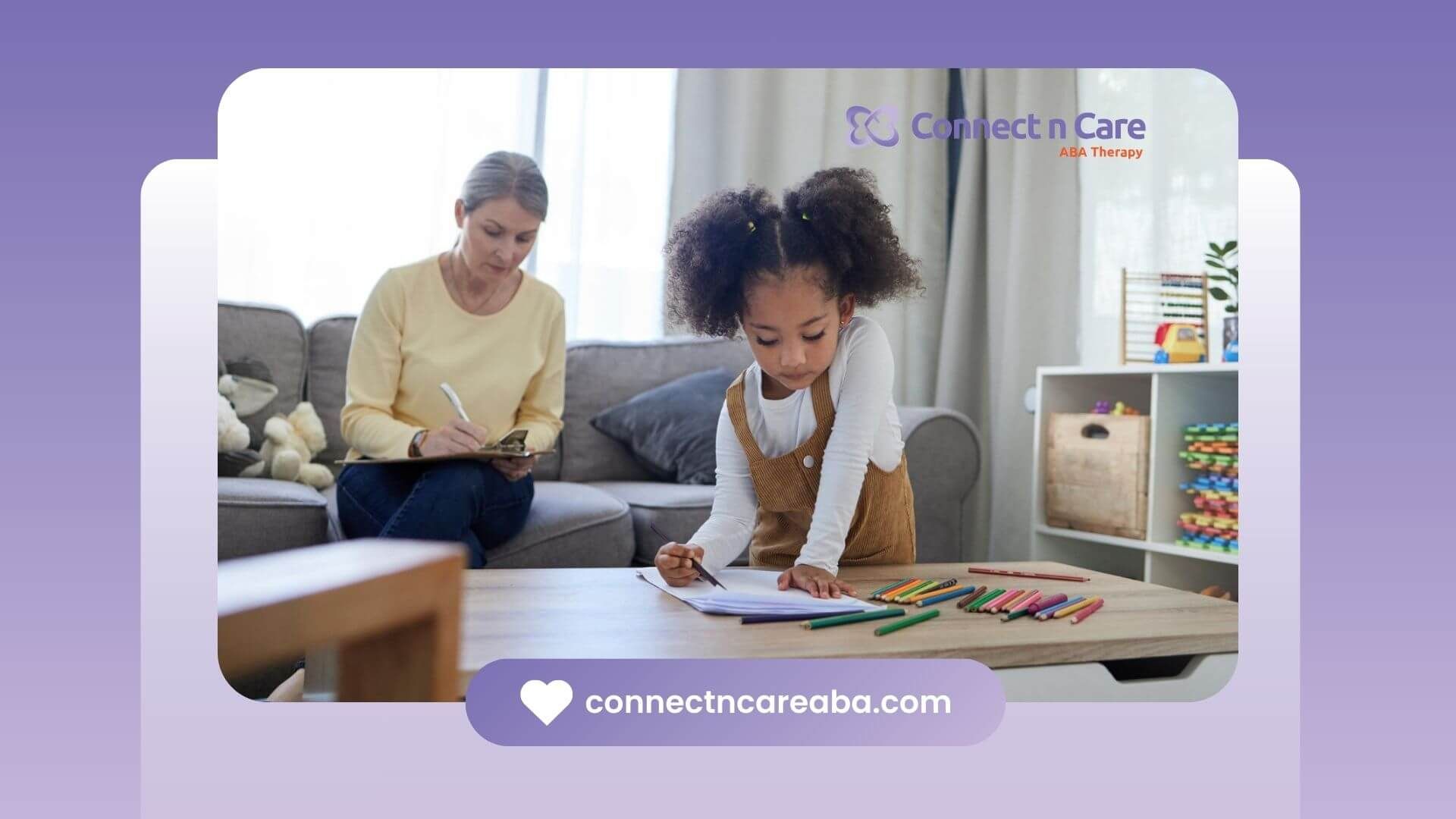Understanding the do's and don'ts of autism helps create respectful, supportive interactions. Do approach autistic individuals with patience and empathy. Do respect their communication style, whether verbal or nonverbal, and use clear, simple language. Offering choices and predictable routines can reduce anxiety and build trust.
Don't assume all autistic people are the same; autism is a spectrum with diverse experiences. Don’t force eye contact or overwhelming social situations. Avoid sensory overload by minimizing loud noises or bright lights when possible. Don’t judge behaviors that may seem unusual—these often serve as coping mechanisms.
Positive reinforcement encourages desired behaviors and communication. Listening actively and acknowledging feelings fosters connection and comfort.
Families in North Carolina can get personalized guidance on autism do’s and don’ts through Connect n Care ABA. Contact us to schedule an appointment and learn how tailored ABA therapy supports your loved one.
FAQs
What are the do's and don'ts of autism?
Do be patient, respect communication, avoid forcing eye contact; don’t assume uniformity or judge behavior.
How can I respect an autistic person’s communication?
Use clear language and accept nonverbal cues.
Why avoid sensory overload?
Loud noises and bright lights cause stress and discomfort.
How does positive reinforcement help?
It encourages communication and desired behaviors.
Where can I get advice on autism support?
Connect n Care ABA offers personalized guidance and therapy in North Carolina.









